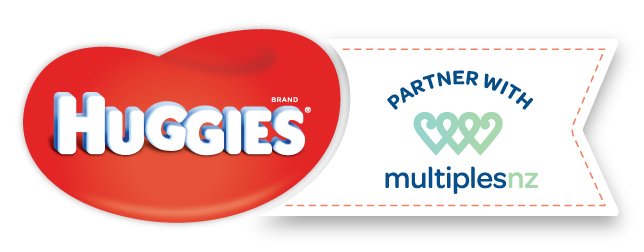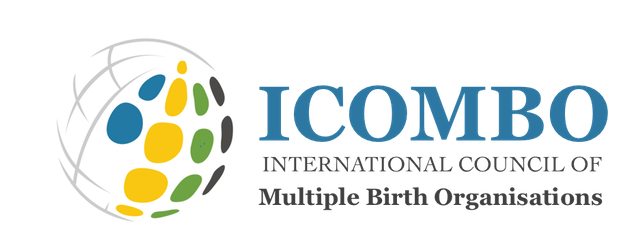So, you’re expecting multiples…
If you have just found out you are pregnant with more than one baby, you may be feeling a range of emotions—surprised, scared, joyful, elated, overwhelmed or worried. It can take time to come to terms with the unexpected news that you are carrying multiples and the implications this news may hold for you, your partner, and family.
Becoming pregnant with twins or multiples often occurs naturally, but growing two or more babies can be quite a different experience to that of a singleton pregnancy. Whilst you are still quite likely to have a trouble-free pregnancy and birth, it is important for you to know about the differences that a multiple pregnancy entails. So, we will focus on these differences, rather than on pregnancy in general—there are loads of websites on pregnancy, but often little information about twin-specific issues.
The key things to remember are to listen to your body, understand the differences that may occur due to a multiple pregnancy (this often includes pre term birth) and to look after yourselves. Giving birth and becoming parents to twins or multiple babies is an amazing rollercoaster of an experience!
There is a nice set of images on twins feotal development hosted here..
Click on the links below to find some basic information on the issues you now need to consider, and the first steps you should take to ensure a healthy multiple pregnancy.
About multiple pregnancy
Twins make up about 2% of all pregnancies in New Zealand, 75% of these will be fraternal and 25% identical. Triplet and higher order pregnancies can be fraternal or identical, or a mixture of both.
Taking care of yourself during a multiple pregnancy
Aside from carrying two or more babies, your pregnancy will probably be shorter than a singleton pregnancy, and you will have greater needs for regular assessment, good nutrition and support.
Finding out
A multiple pregnancy is confirmed by an ultrasound scan, usually during the first trimester. The first trimester scan is an important assessment tool when you are expecting multiples because this can be the easiest time to identify exactly what type of multiples you are carrying
Maternity care during a multiple pregnancy
By the time you read this, you may have booked in with a Lead Maternity Carer (LMC)—a midwife, GP or obstetrician—and found out that you are expecting multiples, and that your maternity care requirements will be different to a singleton pregnancy. Multiple pregnancy is considered high risk
Scans, screening and diagnostic tests
You will require more frequent Ultrasound scans during a multiple pregnancy, and although the same range of screening and diagnostic tests are available, they have different considerations when applied to more than one baby!
General pregnancy issues
Growing two or more babies results in huge changes to our body and many of the systems within our body. You are at least three times more likely to have the ‘normal’ problems of pregnancy, such as reflux, severe morning sickness, haemorrhoids, varicose veins andconstipation—and many of these problems feel worse when
Pregnancy complications
Twin pregnancies have increased risks for both the mother and the babies. There is an increased risk of anaemia, vaginal bleeding, gestational diabetes mellitus (GDM) and pre-eclampsia—which occur in singleton pregnancies, but are more common in twin pregnancies. The most common complication in multiple pregnancy is the risk of premature labour and pre-term birth
Complications specific to multiple pregnancy
Some pregnancy complications only occur in twin and multiple pregnancies. These include selective intrauterine growth restriction (IUGR), Twin-to-Twin Transfusion Syndrome (TTTS) and cord entanglement in twins who share an amniotic sac.




